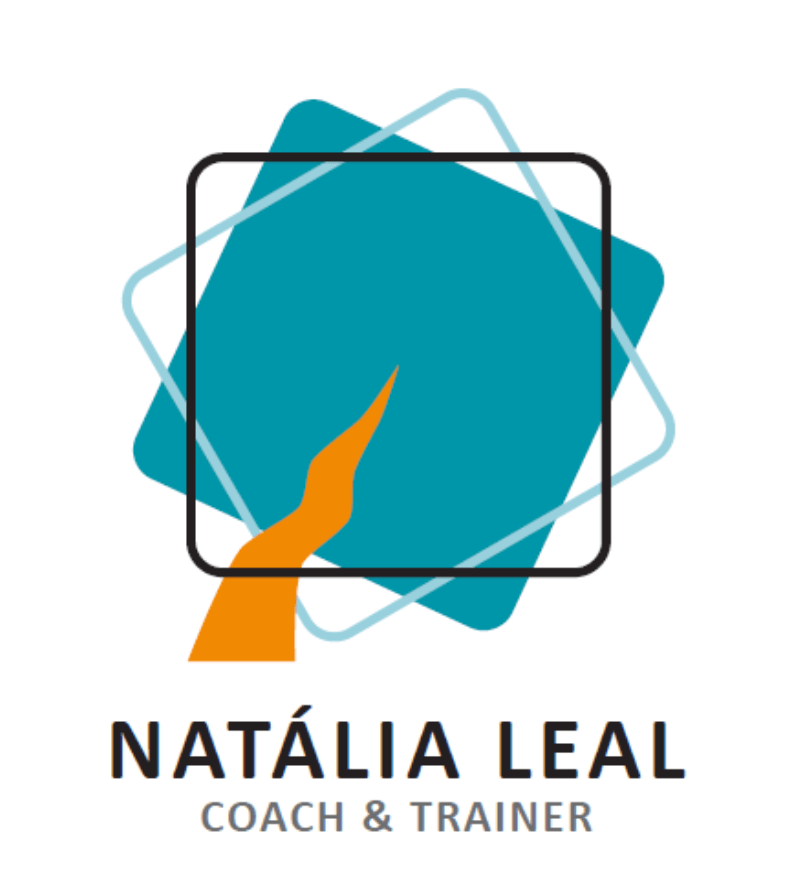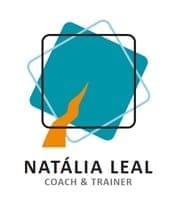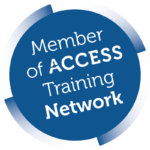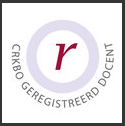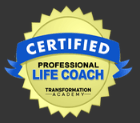Seeing the Matrix for What It Is: How to Design Your Career Without Losing Yourself to the Market

Photo by Sherissa R: https://www.pexels.com/photo/red-and-blue-jelly-beans-on-person-s-left-palm-704130/
“I’m doing fine… but I feel stuck in a ‘golden cage’”.
“On paper, it’s a great job. In reality, I’m not making any real impact”.
“I’m productive, but not energised. I’m bored, feeling flat — and that scares me”.
“I’m tired of having to prove myself all the time… and still not getting recognised”.
“Nothing is ‘wrong’, exactly. But I can’t shake the feeling that I’m meant for more than this”.
When I saw the first movie of the Matrix series, I was blown away, not just by the special effects but primarily by how it challenged you to change perspective and think in a different way (if you never saw it, it's still a MUST!).
Well, when it comes to careers, it looks like most of us are quietly swallowing the blue pill every day.
We follow market advice. We tailor our CVs to fit job descriptions. We keep an eye on what's trending—AI skills, agile thinking, flexible work mindsets—and do our best to keep up. It’s smart. It’s what we’ve been told to do to stay employable, especially in a world that moves fast and rewards those who adapt quickly.
But here’s the truth: the job market isn’t a compass. It’s a weather report. It shifts constantly—reacting to economic pressures, political shifts, global disruptions, and now the dizzying rise of artificial intelligence. If your only strategy is to follow it, you’ll end up shape-shifting so often that you might forget what you really stand for.
For international professionals—navigating new languages, expectations, and systems—this pressure to adapt can feel even more intense. And over time, adapting turns into conforming. Until one day, you don’t recognise yourself anymore...
If you did not have a wake-up call before that: that’s the moment to pause; That’s your red pill!
The Market Is Not the Enemy—But It’s Not Your Master Either
Let’s be clear: there’s nothing wrong with being aware of what employers are looking for. Knowing the landscape helps you make informed choices. But only reacting to what the market wants is like trying to steer a ship by watching the waves instead of the stars.
The market is full of contradictions, anyway. In one breath, it calls for innovation and boldness. In the next step, it screens for “cultural fit” and filters out differences. It demands adaptability while clinging to old-school expectations. If you try to mould yourself perfectly to it, you’ll end up caught in a loop of constant adjustment—with no space left to ask: What do I actually want?
Even if I was not consciously 'following the market' back then but simply what I perceived as 'unique opportunities', it took me decades to ask that question myself. That honest question - What do I actually want? - was the core of my red pill!
Adaptability Is a Strength—Until It Turns Into Self-Erasure
There’s a subtle but vital difference between adapting and conforming.
Adaptability is a superpower. It means staying open, learning fast, flexing with grace. It’s about finding creative ways to meet your goals despite new environments or constraints. Many expats do this brilliantly every day. I've done a bit of it too, as I navigated through my 3 (or is it 4?) different career paths so far...
But conformity is something else entirely. It’s when you start shaving off parts of yourself to fit in. When you silence your voice, your needs, or your values—because they feel inconvenient or “too much” for the space you’re in. Over time, this kind of shape-shifting doesn’t just cost you clarity—it costs you confidence.
When people come to me saying they feel lost, stuck, or like they’re "failing abroad", it’s often not because they lack skills or ambition; after all, they made it this far already. It’s because they’ve been trying so hard to be what they think the market wants that they’ve forgotten to stay anchored in who they are and what they want their life to feel like.
Take the Red Pill! Reclaiming Career Agency
Designing a career you love doesn’t mean ignoring the job market. It means learning to see it for what it is—a system, not a truth. Once you see the system - the 'matrix ;) -, you can work with it on your terms.
This starts with asking better questions:
Not “What jobs are available right now?” but “What kind of work energises me—and where could that value be seen or needed?”
Not “How do I compete with AI or younger candidates?” but “What human strengths do I bring that no machine can replicate?”
Not “What’s the fastest way to get hired?” but “What kind of life am I building, and what role does work play in it?”
When you start here, you stop drifting—and start designing :)
As a Career & Life Coach, this is probably the most important work I do with my clients: helping them design their future lifestyle and the career paths that align with it, bearing in mind the market (not the other way around)!
Design Instead of Mindless Drift
Here are 4 practical ways to begin shifting from reaction to intention:
🧭 Start with your inner compass
Before you look outward, turn inward. What are your top three values? What kind of lifestyle do you want to build around your work—not just after it?
If your career path ignores those, real satisfaction will always feel out of reach.
You can’t thrive in a “top job” that disregards what’s most precious to you. Take it from a former Chief Executive ;)
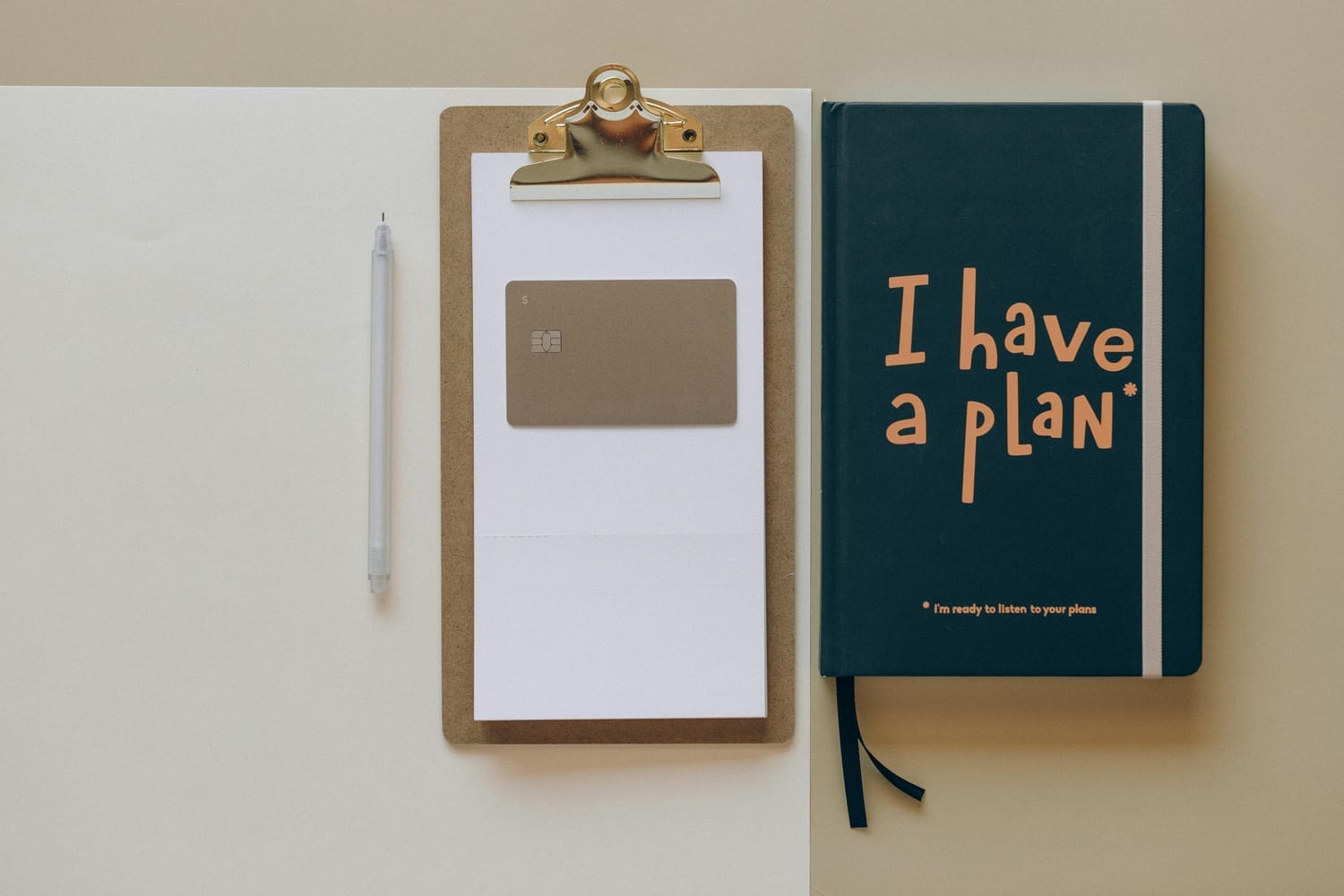
Photo by Nataliya Vaitkevich: https://www.pexels.com/photo/white-click-pen-on-white-paper-8062358/
🛠️ Upgrade the questions before the CV
Your CV matters—but not more than your direction.
Before fine-tuning how you present yourself, ask: Am I even telling the right story?
Is your current profile showcasing what you want more of, or just what you’ve done before? Sometimes clarity comes not from editing the details, but from redefining the destination.
🌱 Choose clarity over speed
It’s tempting to rush—especially when you feel stuck or uncertain, or even simply unemployed. But urgency can push you to accept what's available rather than what’s aligned.
Pause. Breathe. Ask better questions.
What would a “good” next step feel like—not just look like?
🏡 Build a career that feels like home
A truly sustainable career isn’t just impressive on paper—it feels right in your gut.
For many international professionals, “home” isn’t a location—it’s a sense of belonging, purpose, and ease.
Look for roles, environments, or missions that let you show up fully as yourself, where your contribution could feel meaningful, not just marketable. That’s where long-term success begins.
And if you’re ready to stop drifting and start designing a career that truly fits you—reach out! I’d be happy to support you on that journey, and I might just have the perfect offer for you! :)
---
You don’t have to reject the job market to reclaim your career. But you do need to stop letting it define your every move and what your life should look like.
The red pill isn’t about rebellion. It’s about awareness and how it empowers you! It’s about seeing the game being played—and then choosing how you want to play.
So here’s something to reflect on today:
What’s one career decision you’ve made recently because it felt expected?
And what would shift if you made that same decision with full awareness of what you truly want next?
You don’t have to follow the system.
You can design your own.
Follow me on Social Media:
Related Articles
Want tips, reflections & challenges for success and happiness?
Subscribe to the not-too-regular Seeds for Growth & Joy newsletters and stay engaged with tips, challenges, upcoming events and news.
Natália Leal | Coach & Trainer
Empowering Global Leaders and International Professionals to Upgrade Their Life & Career Abroad
Company no./KvK: 72490772
VAT/BTW-id: NL002528132B78
contact[at]natalia-leal.com
Pages
Services
Courses and Events
Copyright © Natália Leal, 2018-2026
